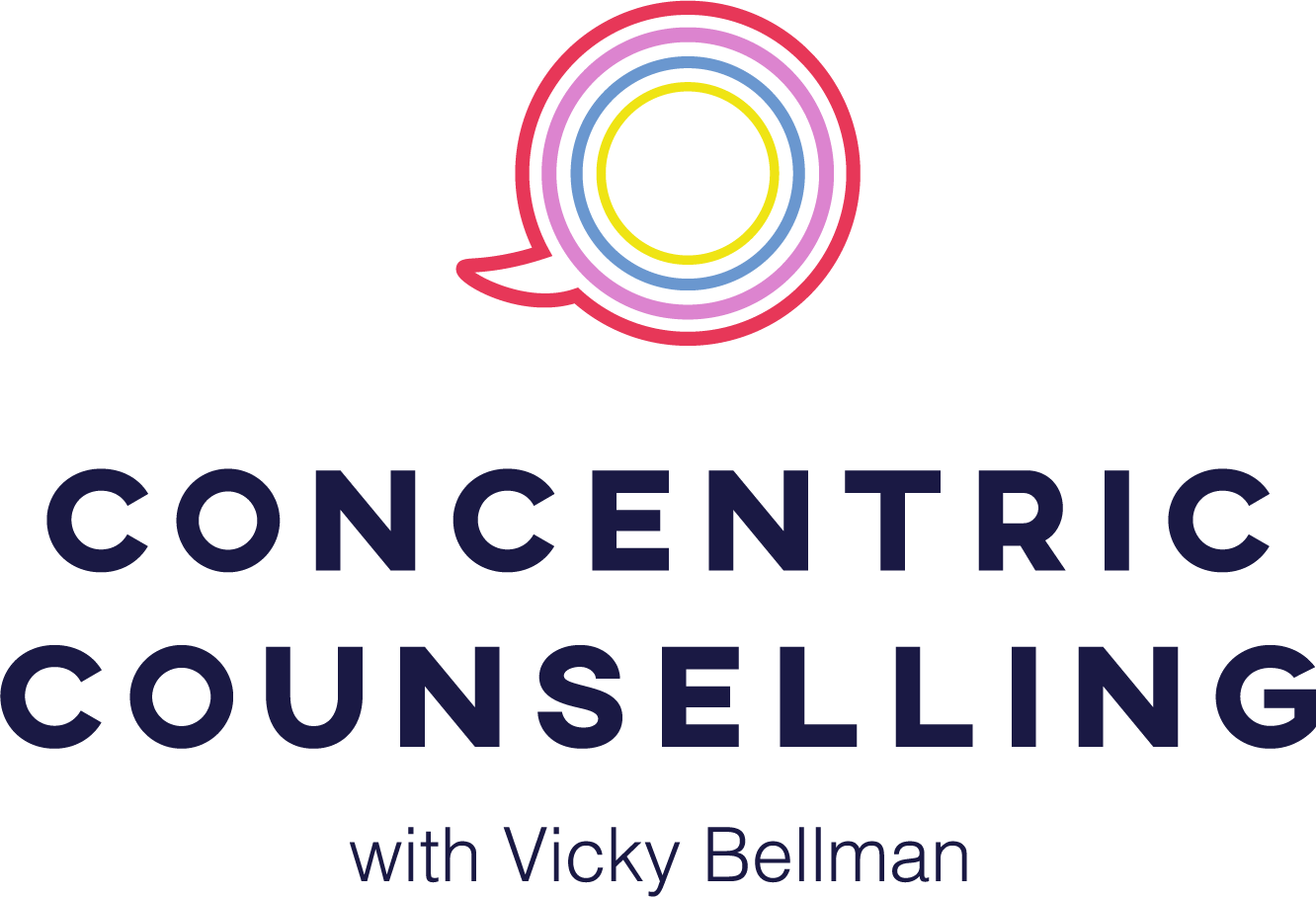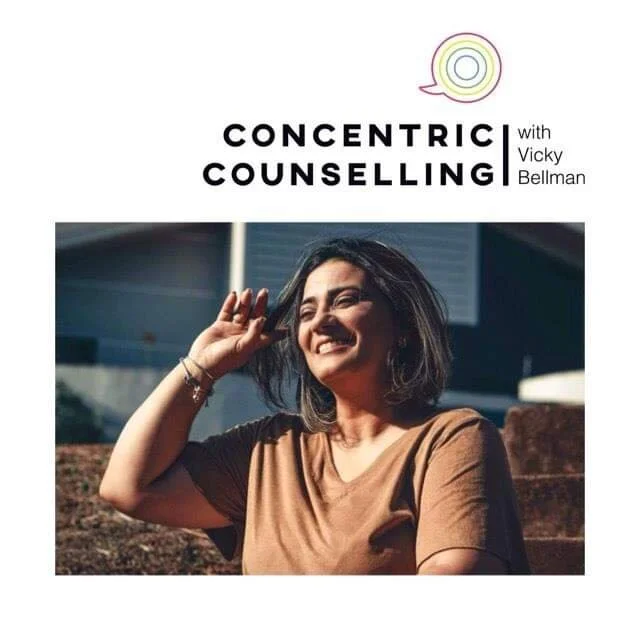Self compassion - why it's important to be kind to ourselves
'I want to like myself'; that's what a client said to me. A short, profound statement, carrying with it so much loss and sadness from the past, but also great hope for the future. In that brief moment, we could both sit together and imagine what it might be like to inhabit a brave new world in which my client felt comfortable and confident in who she was, and liked herself.
For each person, counselling is a deeply personal experience; a dynamic process that is responsive to each person's unique life; their feelings, thoughts, and inner resources. Therefore, even if I saw a hundred people who struggled to like themselves, we would have one hundred different counselling experiences. There would be different reasons and motivations, and each person would have different ways of healing and changing these negative patterns. But there will be one universal truth... they will have to begin to be kind to themselves.
We get the best from people when we are kind to them, and we get the best from ourselves when we are inwardly kind as well. When we like someone, we are kind to them; similarly, people are more likely to like us when we are kind to them. We show appreciation, respect, and love by being kind to them; we also grow those same feelings in the same way.
And it will be worth it. It can be difficult to imagine a life spent liking yourself, but people who practice self-compassion are happier, more accepting, and less critical. You can benefit from better, healthier relationships, as you will be accustomed to practicing kindness with yourself, and therefore quicker to extend kindness to others; turn your kindness inwards and you will be more prepared to project kindness out. You will be more able to accept vulnerability, and more able to allow yourself to be less than perfect - self-critical people find it difficult to tolerate looking at their own errors but, by practicing self-compassion, you give yourself the resilience you need to look at your mistakes, learn from them, and do better next time.
It can be so difficult to know where to start - when you're unaccustomed to being kind to yourself, how do you know how to do it? Here are some tips on how to incorporate self-compassion into your day; if, at any time, you begin to feel too overwhelmed by the exercise, stop what you're doing and do something that makes you feel good - make yourself a cup of tea, have a shower, call a supportive friend, or watch a favourite film.
1. Identify the voice
Self-criticism is the little, or very big, voice within us that tells us we aren't good enough; that we are valued or valuable, and aren't worthy of being liked by ourselves or by anyone else. So often, when we want to stop hearing those words, we try to push them away; we criticise our critical inner voice. 'Shut up!', we tell our inner voice; 'I've had enough of you!'; so understandable, as it is exhausting and upsetting to hear constant criticism. But, as you know, our problems don't evaporate when we ignore them; in fact, the voice gets louder, more insistent, and demanding of more attention. We need to be radical - we need to listen to that voice. What does it sound like? Is it a whisper or a yell? A soft or raspy tone? Is it slow and insistent, or fast and chaotic. Does it have a gender, or an age? Whilst it can be painful to tune into that voice, by doing so we can begin to be compassionate. Your critical voice is part of you, and it's usually one of the most vulnerable, most defended, most insecure parts. It's a part of you that needs a great deal of compassion, and it's the place to start.
It might even be that your inner critical voice sounds like a voice from your past - an old teacher or parent, for example. If that's the case, consider ‘giving back’ that voice; saying something like, ‘You've had impact for long enough now. I don't need your voice anymore and I'm going to listen to my own kind voice’. It won't happen overnight, but identifying that your own critical voice doesn't even really belong to you, and beginning the process of creating your own kind voice, leads to increased authenticity.
Becoming aware of your inner critical voice, allows you to begin to control that voice, rather than it controlling you. How about saying, in a warm but firm tone, 'I hear you, I acknowledge what you are saying, but I have decided to be kind to myself today'? To begin with, you may find you have to repeat that statement many times a day but, eventually, you will get in front of your critical voice, and replace it with your kind voice. Which leads to...
2. Don't say anything to yourself that you wouldn't say to your best friend
When you're struggling to know how to be kind to yourself, it can be helpful to consider how you are kind to other people. Perhaps it might include listening to them when they have a problem, encouraging them if they were trying something new, reassuring them if they found something scared, or nurturing them if they were overwhelmed. Consider how you to talk to your self in these situations - is it kind? Would you say it to your best friend? Then don't say to yourself. If you catch yourself doing saying something critical, jump back to the first stage - 'I hear you, I acknowledge what you are saying, but I have decided to be kind to myself today', and then say something kind - it could be something specific to you (and, if that feels hard, it will get easier as you become more practiced), or it could be something more generally encouraging - 'we'll get there, don't worry!'; 'that was a strong and confident thing to do'; 'you're brave to try something new' or 'you're doing the best you can!'.
3. Try a visualisation
Sit yourself somewhere comfortable, and give yourself time to do a little imagining. If it helps, and you feel safe, close your eyes. Imagine you met yourself sitting on a park bench. Sit with yourself as you would sit with your best friend - comfortably, closely, and with compassion. Allow your 'friend you' to chat - just let them talk. They might tell you their problems, fears, struggles, mistakes... let them talk. You might find this easiest to do in your head, or you might like to talk and respond to yourself out loud - go with what feels comfortable. Respond with kindness, with encouragement and, if you can, a little humour. How about, 'mistakes happen! You can learn from this!'; 'that must be really difficult for you - I really respect how you're finding ways to cope with it'; 'you sound scared - it sounds like it's really playing on your mind'. 'you're doing a brilliant job! Soon all your hard work is going to pay off'. Take the time to give yourself a pep talk, acknowledge and validate the feelings of your 'friend you'. Allow yourself to open up, be vulnerable... and be accepted.
Learning new habits can take time, and it can feel difficult, but it's so much easier than living with constant criticism. Taking these first few steps can open up new possibilities for growth, and a radical new way of feeling happier. Extend a hand of kindness to yourself.















